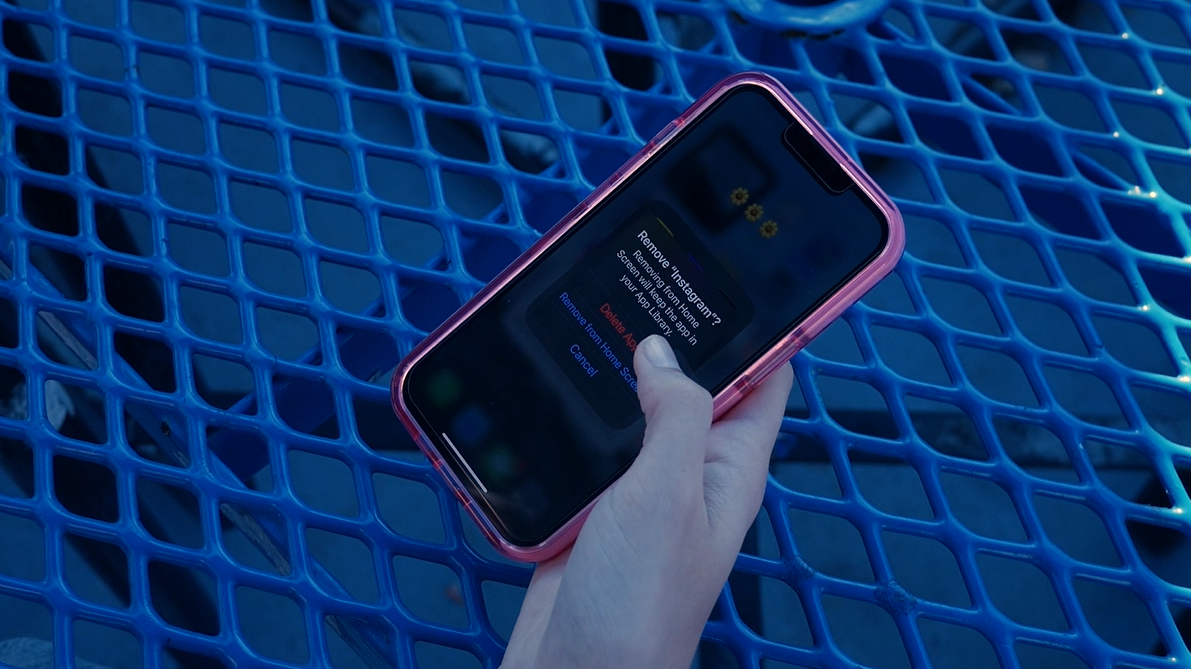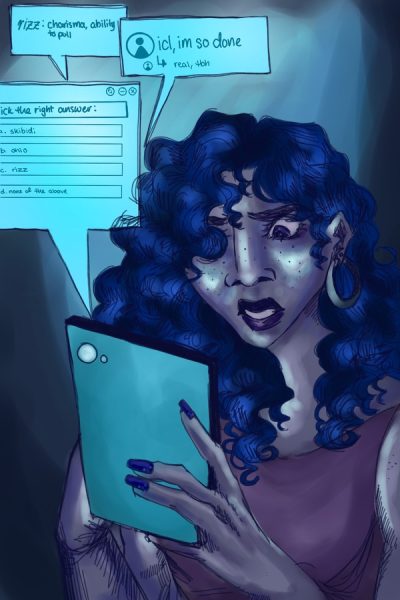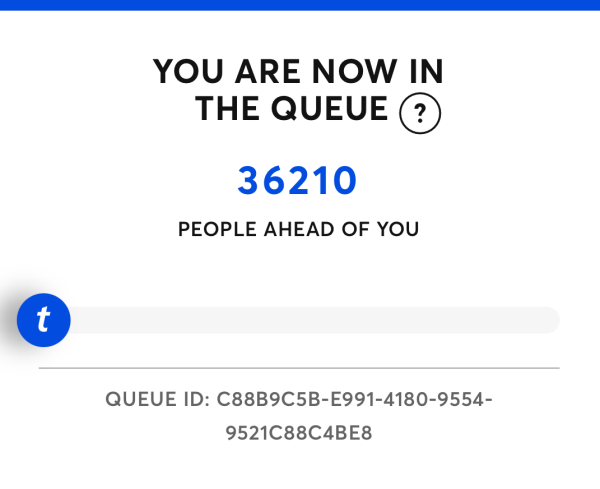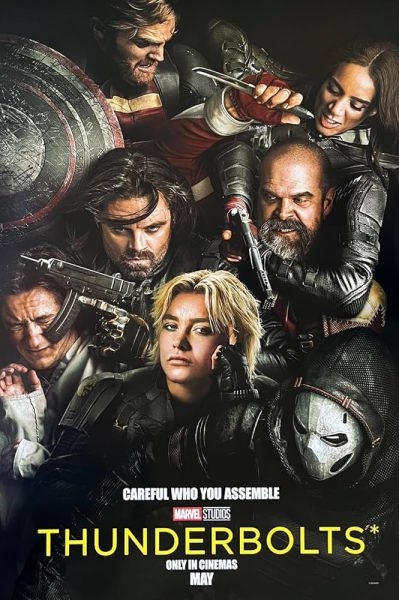Good grief, Charlie Hebdo

Remember Peanuts, the syndicated comic strip about the nervous and insecure Charlie Brown and his friends Linus, Lucy, Sally, Peppermint Patty and, of course, his dog Snoopy, that ran for 50 years and spawned several television specials? If you were like me and grew up excited to mark the beginning of each holiday season with the Red Baron and “I got a rock,” I’ll bet you can hear the intro song in your head right now. If not, basic knowledge of the comic strip will suffice.
In the wake of the January shootings on French magazine Charlie Hebdo’s offices “Je Suis Charlie -” French for “I am Charlie -” trended on Twitter worldwide, two million people and 40 world leaders rallied in Paris, the publication’s following issue sold seven million copies in contrast to its typical print of 60,000, Montreal mayor Denis Coderre proclaimed, “Today, we are all French,” and Fox News host Jeanine Pirro said, “We need to kill them. We need to kill them … Bomb them, bomb them and bomb them again,” in reference to extremist Muslims. All that happened, and I asked, “What kind of name is ‘Charlie Hebdo’?”
The “Hebdo” in “Charlie Hebdo” is short for “hebdomadaire,” the French word for “weekly.” And considering what sparked this incident-as well as numerous other controversies the magazine has faced-was a desecrating cartoon of Muhammad, the “Charlie” is ironically an homage to Charlie Brown, as the editors of the initial publication were fans of the series.
However, any likeness between the two stops there, as while Peanuts creator Charles M. Schulz used the medium to deftly satirize the Space Race, the Vietnam War and to represent a world where racial integration in schools and women as man’s equal were the norm, Charlie Hebdo has used its platform as a mouthpiece for France’s racism and Islamophobia. According to the Pew Research Center, 38 percent of the French public has a “somewhat” or “very” unfavorable opinion of Muslims, and 74 percent believe Islam is an intolerant religion, with values that are incompatible with French society. Charlie Hebdo does nothing more than feed the French public a myth they already believe – that Muslims are backwards, barbaric and decidedly not French.
Which would explain the other, much less
reported thing that happened following the shootings. Firebombs and pig heads were thrown into mosques. Veiled women – who, by the way, still can’t legally wear their religious clothing in public due to the French government’s ban on face covering – were subject to insults on the streets. There was an explosion at a restaurant that was attached to a mosque, and in Corsica a boar’s head and entrails were left outside a Muslim prayer room with a note that read “next time it will be one of your heads.” In the week following the incident, the French Interior Ministry reportedly received information about 54 Islamophobic attacks, numbers that according to the French Council of the Muslim Faith, are on a scale “never before seen.” Considering the large number of attacks France has already seen -110 in 2014 and 158 in 2013 – that’s truly terrifying. Where do you think our country, or even France, would be if there were 158 religously motivated attacks by Muslims on non-Muslims? We had one attack, and we went to war.
The media – and by “media” I mean not just the extremes of Fox News or MSNBC, but all of the media – have characterized Charlie Hebdo as “the little guy,” an enterprising and satirical magazine that’s there to offer the hard-to-swallow truth about Islam. They were doing nothing more than making light of the “problematic” Islam religion; it was the Muslim extremists who overreacted, like they always do.
But, ultimately, Charlie Hebdo is no more resourceful or satirical than telling Linus that the Great Pumpkin doesn’t exist by attempting to draw a rotting squash. Charlie Brown and his friends might have a laugh, but nothing happens: Linus won’t stop believing in the Great Pumpkin, and the gang will have accomplished nothing. Furthermore, telling Linus that the Great Pumpkin isn’t real in that manner isn’t funny, it’s bullying. Linus is the only one of his friends to believe this; he has no allies. It’s bullying, not satire, because satire can never be used against the powerless, against the weak or against the minority. It can be an integral method of subversion against powerful groups like government, corporations or social systems, but when it gets directed at the less powerful, like the minority Muslim population in France, it no longer becomes the tool for equality that it is. Rather, it becomes the norm, which cannot be satire as by its very definition satire does not exist to perpetuate the expected.
Charlie Hebdo’s former editor, Stephane Charbonnier, said that the magazine’s editorial viewpoint reflects “all components of left-wing pluralism,” but last I checked, pluralism is defined as “a condition or system in which two or more states, groups, principles, sources of authority, etc., coexist,” and “a form of society in which members of minority groups maintain their independent cultural traditions.” Pluralism is not stereotyping, scapegoating or oppressing a minority group and then attempting to pass it off as “satire.” Pluralism is letting Linus believe in the Great Pumpkin, not mocking or attacking him for not believing in Santa Claus.
Take a look at Lucy’s Thanksgiving tradition of tricking Charlie Brown into kicking the football. Sure, she can do that if she wants, but does that mean she should? Does that mean it’s right? And does that mean that we should accept and encourage that behavior in her? Given that Charlie Brown has no adults to help him, and no recourse through which he can get Lucy to stop, her actions seem pretty unfair and unjustified. It’s not funny, and it’s definitely not satire, to criticize a group that not only faces prejudice from the public, but relentless discrimination from the government. Charlie Hebdo is not a brave organization that is speaking the tough truths about Islam, rather it is profiting off a racist culture that views the Muslim world as primitive and undeveloped. What would be valiant, and what would be worth defending, is if Charlie Hebdo was attempting to portray a view of Islam that was contextualized and dynamic, in an effort to show the French public the real truth: That it’s no different from any other religion. There’s no excuse for violence, but there’s also no excuse for discrimination, especially discrimination that’s masked as a joke. That is no more satirical than a rock. c














































